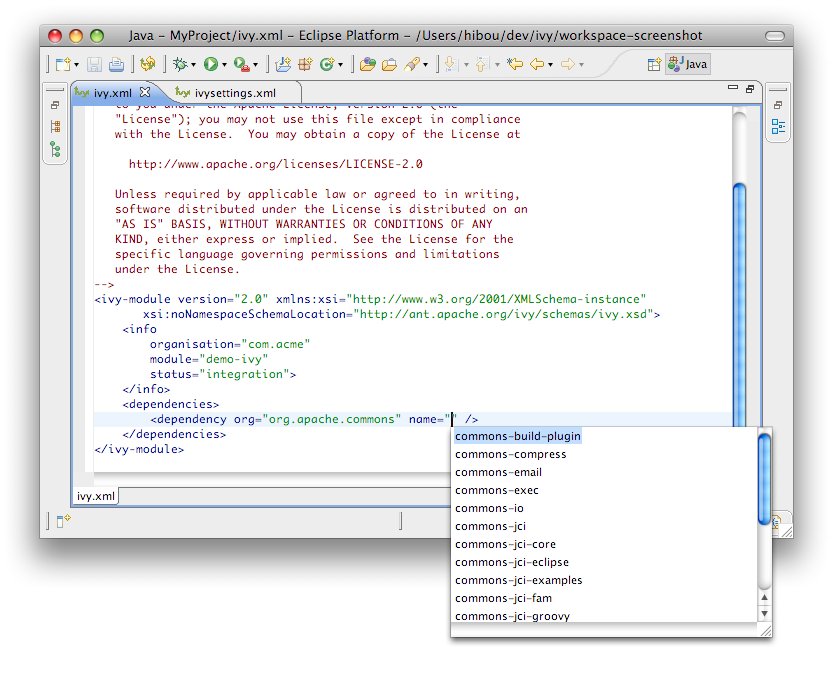Apache Ofbiz Installation Windows
Definition: Seed Data is data that an application requires in order to run. It is created and maintained along with the code and should be loaded into the database when the code is updated. It should not be changed or removed in the application database without first having done so in the Seed Data XML files. In OFBiz these are the source of the Seed Data and they are maintained in the code repository along with the code. Add in components should do the same for this sort of data. Definition: Seed Initial Data is data that is only required the first time the system is loaded like the password of the admin user.

Apache Ofbiz Installation Windows

Later if you want to update the seed data, you would normally not want the password of admin to be set back to 'ofbiz'. Expert Recommendation: For smaller installations we recommend loading the demo data and modifying it through the OFBiz applications rather than creating all of the data from scratch. For larger installations we recommend creating data files with your own settings, copied from the demo data, or simply creating all data from scratch. These can be added to the 'ext' set of install data files, which is done by referencing those files in an ofbiz-component.xml file entity-resource tag with the attribute reader-name='ext'.
Goto Ofbiz end user document for installation instructions. Note: Running ofbizstart.bat without installing the demo data first does not seem to bring up Ofbiz website. Note: When running command (on Windows) gradlew loadDefault ofbiz, The build command update can stop at message “ Building 92% :ofbiz”. Buku kimia kelas xi ipa pdf.
To load the 'seed' and 'ext' groups run something like. To access the application from your browser follow advice given in the For production use you will want to setup a start script that contains special settings for things like memory heap size, and so on. There are example start and stop scripts in the root ofbiz directory in the startofbiz.sh and stopofbiz.sh files. Expert Recommendation: Instead of running the startup and shutdown scripts manually it might be better to set them up as services on the system, or to use something like daemontools to make sure the process is restarted automatically if it goes down for some unexpected reason. Running OFBiz Automated Tests Each component running in OFBiz can have its own set of tests. These are usually defined in the 'testdef' directory in each component, and the test set XML files are specified in the ofbiz-component.xml file for each component.
To run all automated tests use the following command. Performance Monitoring and Tuning Expert Recommendation: While some steps can be taken at this point in the configuration process, the real performance testing and tuning should be done after you have setup your catalog, categories and products, and after you have customized any templates you plan to.
As mentioned above a critical part of performance tuning is turning off the expire times in the cache.properties by commenting out the lines near the bottom of that file that set those values. General Cache Information You can get a lot of good information on database and configuration file (XML, properties, etc) performance by looking at the statistics in the cache management page in Web Tools. They are all listed there with statistics about hits and misses, and about why cache misses happened.

There are three causes for cache misses: 1. Soft Reference clearing (is done during garbage collection) 3. Expire Time reached for an entry in the cache Memory Settings If you are running into problems with Soft References (as seen on the cache management page in WebTools), the case is generally that your heap memory settings are less than ideal. Every time Java does a memory allocation and finds it needs to grow the heap size it first does a garbage collection and clears out soft references. The Entity Engine caches all use Soft References to avoid overrunning memory with cached database data. In other words, you may have 2Gb of memory on the box, but you are probably only starting with 64Mb (or even less) and have a max heap of 128Mb. These are done with the following java command line arguments: -Xms64M for the low size, and -Xmx128M for the max size.
We usually recommend a max heap size of around 75% of the memory on the box, but that depends on the operating system of course. The small size should be pretty high, perhaps even as high as the max, to avoid the caches being cannibalized during allocations and garbage collections as described above. Last recent versions (say since R10.04) require more (also know as perm gen space). For instance in the trunk demo server we currently (16 May 2010) use 512 MB of perm gen space. And our memory parameters are -Xms128M -Xmx1024M -XX:MaxPermSize=512m.
Apache Installation Windows
Database Intensive Operations The comments above on memory settings, caches, etc. Are for category browsing pages and such where just about everything should be cached. For database intensive operations, like the product searching, it's much better to focus on how the database is managing with the queries.
Comments are closed.